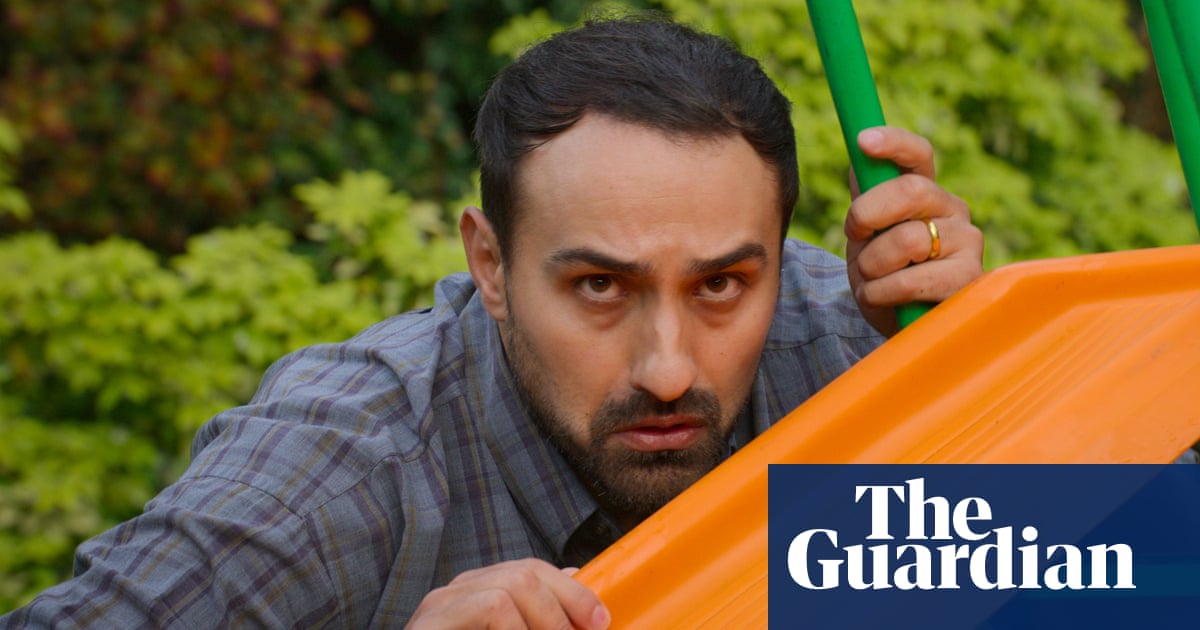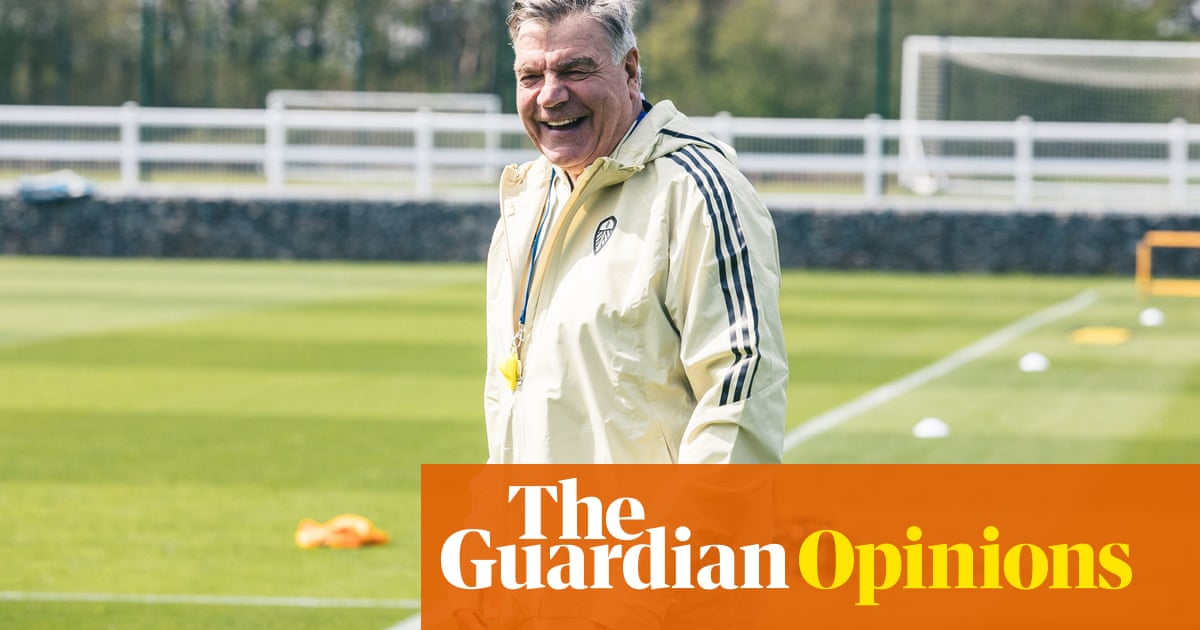
very day, after every meal, my food finished, I sit feeling full. Except it is more, much more than that. I feel self-loathing. I feel fat, I feel gluttonous, and my mind equates that to worthlessness, to failure … again.
Mostly, I sit with the sensation until it passes, experience telling me that it will eventually. Despite my internal monologue screaming otherwise, I have not instantly ballooned, and my value is not tied to my last plate of food. But sometimes, in a desperate attempt to cope with the situation we all find ourselves in, I bow to my eating disorder (ED).
For the briefest moment, being sick gives a misplaced sense of being in control. But that’s an illusion because I’m not in control at all – I’m at the mercy of something I hate. Something that damages my health. Something that never delivers on its false promises of happiness. Why don’t I just stop? That’s a fair question – but it’s not how this works.
Lockdown has ratcheted up the pressure on people with EDs. That’s no surprise. Isolation is fertile ground to an ED. Alone and locked away with only it for company: just where it wants you. My support structure – painstakingly pieced together over years – was ripped away overnight. My therapy and the 12-step meetings I attend – think Alcoholics Anonymous for those who binge, purge and restrict – moved online. That bridged the gap temporarily but the novelty wore off quickly. I stopped engaging, and eventually stopped going. My release valves all disappeared.
Much of my recovery has been based on shifting the focus away from what is on the plate and learning to enjoy mealtimes for what they are again: social occasions.
But suddenly food was alone in the spotlight again. Trips to the supermarket became stressful. And my crippling anxiety returned, exacerbated by moving from one room to the other on a 12-hour cycle. Old habits crept back in – it was an attempt to regain certainty in a world that felt like it was spiralling. I never wanted to die but frequently didn’t want to live. I am extremely lucky in that work continued, albeit remotely. I am introverted so did not mind to begin with, but I realised that I thrive in the company of people I know and trust.
By now you may have formed a picture of me in your mind. That’s OK, I would have done the same.
And if you have, it might surprise you that I am a 32-year-old, 6ft 2in male. My history with food is long and complex: buddy-come-arch-nemesis. My wardrobe covers all shapes and sizes, trousers with waists nearly a foot apart in size. But few would pick me out as someone with an ED. And that, in so many ways, is the point.
Mental illness is an internal struggle. EDs often manifest physically, but not always. When I finally surrendered to proper treatment three years ago, I was far from my lightest. My mind, though, was broken.
For the first month of my time in residential care, I was so exhausted that I was not even allowed out for a short stroll. Shattered from years of self-inflicted mental and physical punishment, I nodded off in most group sessions, much to the hilarity of other patients.
My ED was not visible, but it had me tight in its clutches and did not want to let go. It would even admonish me for not “doing” my illness properly. I needed to try harder, it said.
I am often asked if it is more difficult having an ED as a man. I don’t think so. Different maybe, but no more or less painful. Initially I probably resisted the diagnosis, clinging dearly to the notion that EDs do not affect men. But denial is part of the illness: “I get what you are saying doctor, but I am different to everyone else … .” An ED always gives you a reason to stay attached to it. Now I think EDs are more common among men than you might think – just walk on to any gym floor.
Because EDs often don’t conform to stereotype. There are many common labels, including anorexia, bulimia and orthorexia. A person with anorexia usually holds a crippling fear of weight gain and believes they are overweight. However, while many are, they do not have to be dangerously underweight. Likewise many people with bulimia make themselves sick, or they might turn to exercise or laxative misuse.
And there is so much crossover. I don’t know anyone who falls neatly under one heading or another. EDs are cunning, shifting shape slowly. There are certain essential components, however.
First, while at the outset there is an element of choice, the behaviours rapidly become compulsive. It is nigh on impossible to walk away, however awful participating makes you feel. There is no free will.
Second, they are rooted much deeper than fears over weight or getting fat. Five hours a day of group therapy in treatment with other addicts – alcohol, drugs, sex, gambling, painting by numbers, you name it, they were in there – helped strip that belief away. My EDs was a way of channelling despair and hopelessness. The world petrifies me and here was something I had control over.
Most of the time now I feel I’m doing all right. And in many ways it’s true: it is important to recognise the little victories. But am I entirely “recovered”? Not really, and it is OK for me to admit that. My struggles are no secret. It’s my personal choice to be open, and isn’t right for everyone, but I find it easier that way.
I am starting to pull it around though. Because I want to. That was not always the case. But I have learned that there is no way of playing this game and winning; only the ED can emerge victorious. That is not a game at all then, and I no longer want to take part.
Sam Dalling is a solicitor based in London
In the UK, Beat can be contacted on 0808-801-0677. In the US, the National Eating Disorders Association is on 800-931-2237. In Australia, the Butterfly Foundation is at 1800 33 4673. Other international helplines can be found at Eating Disorder Hope
In the UK and Ireland, Samaritans can be contacted on 116 123 or email jo@samaritans.org or jo@samaritans.ie. In the US, the National Suicide Prevention Lifeline is 800-273-8255. In Australia, the crisis support service Lifeline is 13 11 14. Other international helplines can be found at www.befrienders.org












